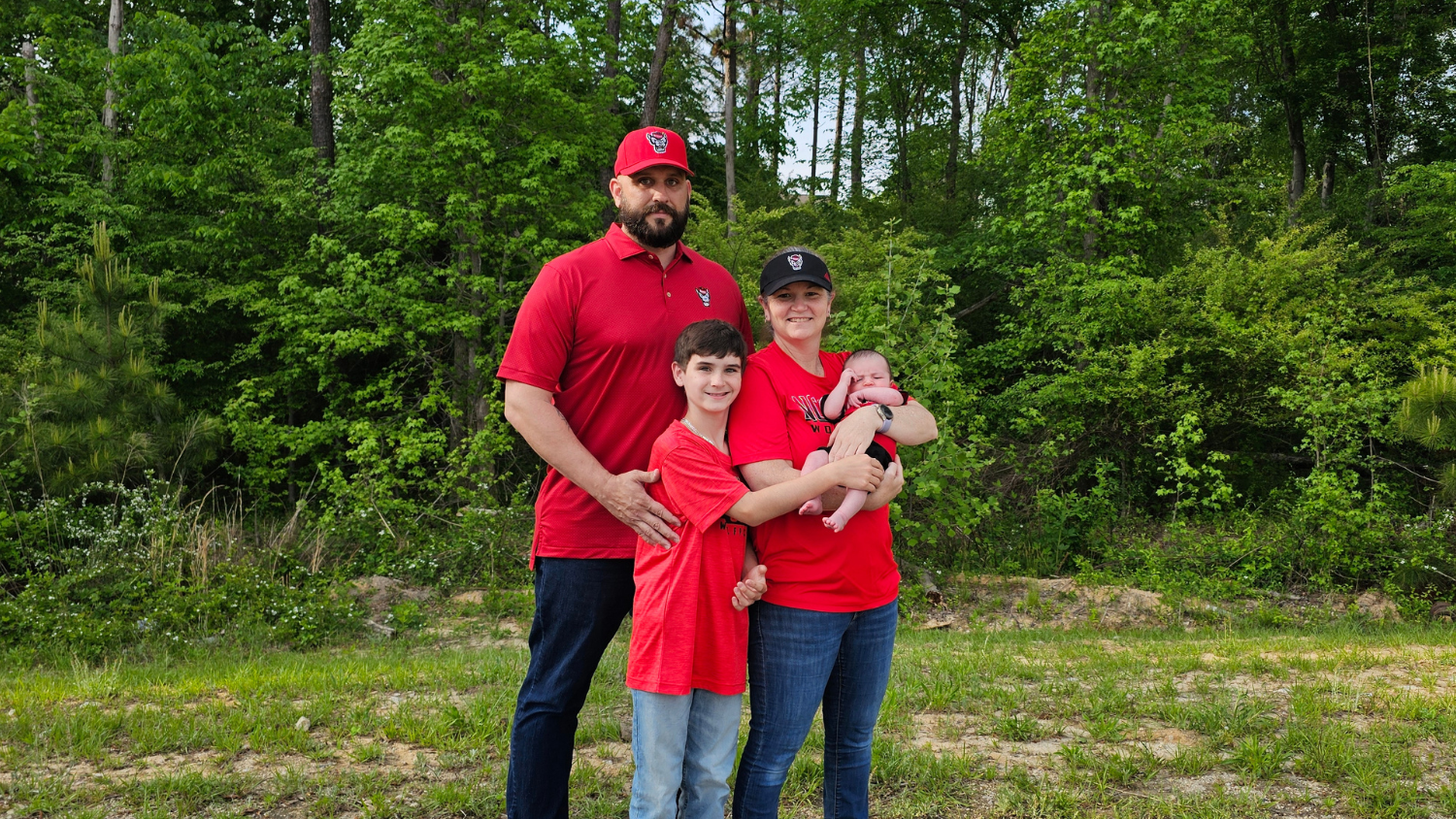Meet DELTA Faculty Fellow Elaine Bohórquez

Teaching Associate Professor Elaine Bohórquez is a firm believer in the importance of instructional technologies in online teaching and learning. As a 2020-2021 DELTA Faculty Fellow, she hopes to spread awareness of the benefits of instructional technologies to contribute to a positive online learning environment for NC State faculty and students.
Bohórquez started working at NC State in August 2014, but she only began teaching online classes last fall. The immediate shift to online teaching due to the COVID-19 pandemic required Bohórquez to learn about online course design in a short period of time.
“I spent last summer working on understanding the challenges of a strictly online environment, and developing different ways of engaging students,” she says, “so my first fully online course was the complete redesign of my fall semester [in-person course] this last year.”
The more she has taught online courses, the more Bohórquez has seen the benefits of teaching in an online format. She realizes that students, particularly graduate students, have responsibilities outside of their academics that online courses allow them to balance.
“The online environment and the different technology tools that are available can make it a very efficient process to help students learn and prepare for their future careers without causing extra anxiety or stress,” she says.
Bohórquez wanted to share what she learned about her experience with online course development with other faculty and continue learning about the online learning technologies she can use to make students’ lives easier. Stacy Gant, director of Instructional Support Services at DELTA, encouraged Bohórquez to apply to be a Faculty Fellow to achieve this.
“I decided to apply to the Faculty Fellows program because it was a way to continue to work and develop new ways of teaching with technology and integrating that with pedagogies to enhance learning objectives and learning outcomes in courses,” she says.
Bohórquez was particularly inspired to share her knowledge and appreciation of Top Hat as a DELTA Faculty Fellow. Top Hat is an instructional tool that allows instructors to engage with students using live polls, and Bohórquez began using it long before it became popular at NC State.
“I started working with DELTA before Top Hat became part of the university license,” she says. “The year before the institutional license, I adopted it for my courses because I wanted to foster some more engagement in my classroom, and I used it as part of a research project.”
Since NC State has received an institutional license for Top Hat, Bohórquez has run her entire course on the tool. As a DELTA Faculty Fellow, she has worked with Gant to spread the word at NC State of the uses of Top Hat in courses. In March 2020, she was named as a Finalist for Top Hat’s Most Innovative Educator.
In addition to this, Bohórquez has collaborated with faculty on a series of seminars for the UNC Digital Learning Initiative (DLI). These seminars have educated faculty about scaffolding for courses that promote a higher order of cognitive skills. Bohórquez has also participated in UNC DLI as an associate faculty fellow to design effective online courses and contribute to a positive community for online teaching.
As an instructor, Bohórquez has learned a lot about the benefits and challenges of online teaching and instructional technologies. She knows that students are likely to perceive learning technologies more positively if their instructor has vast knowledge about those technologies, so she has spent her time finding the best ones to implement. She has found that Zoom breakout rooms, Moodle discussion forums and Flipgrid have been particularly impactful on student engagement.
“I like to use anything that really helps to develop community in an online environment, which I think is one of the more difficult parts of online learning,” she says. “When you are physically in class, you are talking to the person sitting next to you, but that is harder to do if everyone is fully online.”
Top Hat Community forums have been an important factor in student engagement in Bohórquez’s online courses.
“Students appreciated having an online forum because they could post a question over the weekend or in the evenings, and a classmate or I could answer it, so they did not have to wait until next week’s class period to get their questions answered,” she says. “I think that kind of accessibility allows students to feel like they can complete their work on their schedule.”
Top Hat Community forums are not the only area in which Bohórquez has gained knowledge about online instruction. Teaching synchronous online courses has been an area of tremendous growth for her.
“I’ve found that doing synchronous sessions helps a lot with engagement, especially when everybody’s camera is on. It feels a little bit more like people are engaged.”
“It provides them with the opportunity to attend class even if they’re in an environment that would normally make it difficult to participate actively,” she says.
The challenges that come with online teaching have played an integral role in Bohórquez’s growth. Experiences with issues of technological glitches and accessibility have inspired her to seek out new resources to knock down barriers that students face in online learning.
Bohórquez believes that instructional technologies will continue to present challenges in the future, and she hopes to overcome those challenges to meet the demands of students. She knows that instructional technologies will continue to provide community and engagement in not only online courses but large, distant, in-person lectures as well.
“I think that all of the advancements that have come are just going to get stronger to promote a more inclusive community and something that everybody can feel a part of and that their voice is heard,” she says.
As she prepares to learn more about learning technologies in the future and improving students’ learning outcomes, Bohórquez feels appreciative of DELTA and the resources it provides.
“I think DELTA is doing a really good job of building online resources and repositories for how to use different technologies to achieve what you want in your class,” she says. “I think as long as we continue to work together to build those resources, faculty will have a place to go for that initial tutorial.”
This post was originally published in DELTA News.
- Categories:


